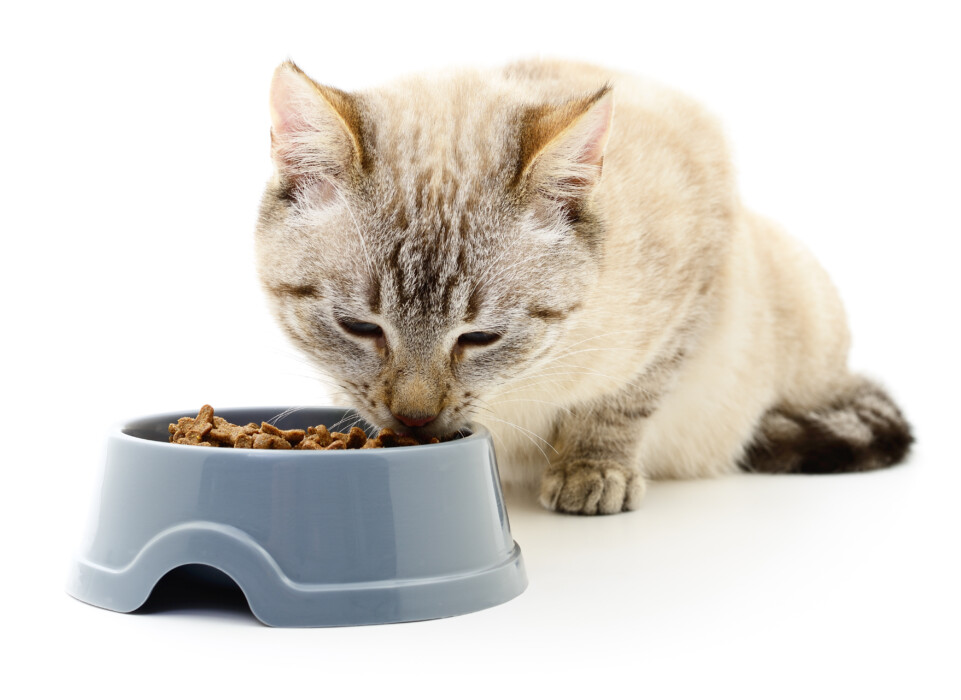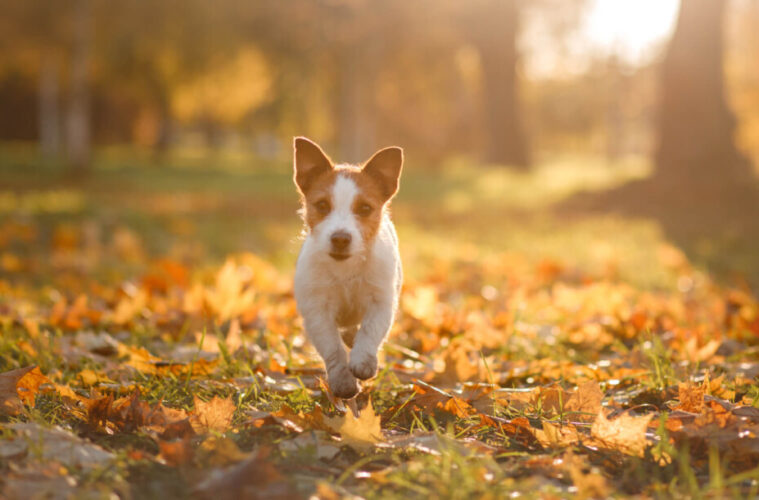Joanna Everett MRCVS, the Clinical Director at the Bath Vet Group, answers your questions about your family pets
Do dogs get car sick and if so, what can be done about it?
Motion sickness is common in puppies and while many grow out of it, it can also affect older dogs. Typical signs include panting, drooling, swallowing, whining, lip licking, retching and vomiting. Unfortunately, if your pup has experienced car sickness during their first few journeys, then they may develop negative associations with travelling and the resulting stress and anxiety can also cause nausea, reinforcing the problem.
Simple steps you can take to manage both true ‘motion sickness’ and travel stress include desensitising your dog to the car by making it a fun place to be – sit in there without the engine on, feed treats and play games before introducing very short journeys to a fun place like the park, then slowly increase the distance. When going on a longer journey, withhold food for three hours prior to travel, keep your dog facing forwards, ensure plenty of fresh air-flow, provide distraction with company or a favourite toy, reduce stress using pheromone sprays/collars or casein powders and see your vet to obtain a prescription anti-nausea medication. Happy Travels!

My cat appears to be constantly hungry. He certainly doesn’t appear to be underweight or unhappy, but whenever we’re in the kitchen, he’s there, waiting to be fed. Is this a concern?
Many cats love to eat and their day revolves around naps and meals. Our pets are often fed two large meals a day, this is behaviourally and physiologically unnatural as non- domesticated cats consume frequent small meals (mice/birds etc!) throughout both day and night. Feeding little and often better mimics cats natural pattern. Ensure you are feeding a complete food suitable for their life-stage. Poor quality food will leave them asking for more because it doesn’t satisfy the true hunger for nutrients
It is important to rule out potential illnesses or physical conditions with your vet. Serious illness’ including Diabetes Mellitus, Hyperthyroidism, Gut disease/ intestinal worms causing malabsorption, or pancreatic disease can cause your cat to be ravenous. These will often have additional signs like increased thirst or weight loss.
There can be psychological reasons for overeating too – it may be that pestering you in the kitchen is actually them asking for attention due to boredom or loneliness. Consider trying a cuddle or a game before reaching for the food packet. A cat that is always hungry but otherwise healthy might need environmental enrichment. Puzzle toys make your cat work for their meals, helping them burn calories and keep their mind engaged.
What can I do about my dog’s bad breath?
The most common cause of bad breath in dogs is dental disease – 80% of pet dogs show signs of dental disease, including plaque, tartar and gingivitis, by the time they reach three years old! However, other medical causes
of smelly breath include kidney disease, liver disease, Diabetes Mellitus, mouth cancers, oral foreign bodies, gastroenteritis and anal sac issues to name just a few!
If dental disease is the culprit, then a professional scale and polish under anaesthetic may be necessary before you can slowly introduce a daily tooth brushing regime and/or a special dental diet at home to keep your dogs breath fresh and make those doggy kisses welcome.
What should I consider when buying my Yorkshire terrier a coat for the winter?
The majority of pet dogs in the UK do not require an outdoor coat except when being walked in sub-zero temperatures, their own fur coats provide excellent insulation. Dressing dogs reduces their ability to regulate their own body temperature through raising the hairs to trap warm air and could be detrimental if the animal gets too hot. However slender, shorter- haired breeds like greyhounds, senior dogs (especially those with arthritis) and small dogs including puppies, who find it harder to retain body heat and are more likely to have their bellies
near frozen ground, may benefit from the additional warmth.
Start off with something light weight and waterproof and look for modern, thin, insulating inners like polar fleece. The coat should have a snug fit and cover the stomach but leave the legs free to move normally and allow your dog to toilet normally. Measure carefully and try it on your dog as excessively tight or thin straps can cause rubbing and sores, especially in their armpits.
Our Alsatian becomes incredibly excitable when we all come in from school, something which lasts for around 30 minutes. Is this usual?
It is not unusual for dogs to greet their owners with excitement when they return home from having been out for the day, this is a mixture of happiness to see you, and letting off the stress or frustration or boredom that has built up during the period of separation. Dogs are tightly bonded to their human family and getting affection from their owner has a measurable positive effect on them, increasing the bonding hormone oxytocin and decreasing the stress hormone cortisol. It is easy to further excite your dog by responding to their boisterous greeting with your own excitement.
Encourage calm in your dog by staying calm yourself. Do not ignore their welcome because that will encourage them to try harder to get your attention, instead greet your dog warmly but keep your body relaxed and your voice soft and quiet.
If you have a question for the vet about your family pet, please email it into us at email hidden; JavaScript is required, marking your email ‘Question for Bath Vets’.


